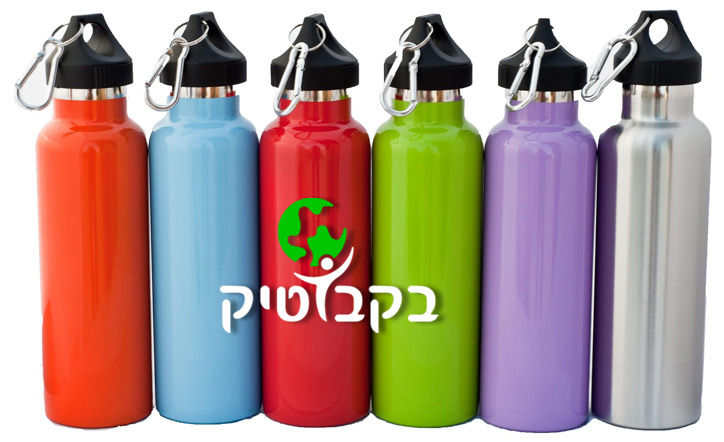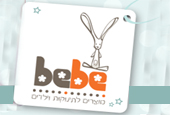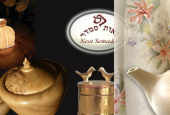Hummus, an Israeli Love Story
Although the origin of hummus (which simply means ‘chickpea’ in Arabic), is unclear, people have been consuming this thick savory paste for millennia in the Middle East. Medieval recipe books show it was eaten in Egypt and the Levant (Palestine, Jordan, Syria and Lebanon) before spreading to Turkey, Greece and across the Mediterranean.
The main
ingredients behind hummus have been around for a long time. The actual use of
chickpeas was believed to have started way back in Egypt about 7000 years ago,
but the mashing into the hummus as it is done today first started around the
13th century. Hummus back then also used pickled lemons and vinegar for
flavoring. The first documented proof of hummus’ existence comes from a 19th
century text originating from Damascus
Ever since
hummus made its way to Israel, it has become the essence of an entire food
culture in Israel. In fact, according to Israel-based hummus manufacturer Sabra
Salads, Israelis consume twice as much hummus as their Arab neighbors. The most
popular version of hummus in Israel is served warm in a large bowl, sprinkled
with parsley, cumin and other spices. It has the consistency of a very thick
soup and is scooped up with hot pita bread, raw onion and pickled cucumbers.
In areas
under Palestinian authority, hummus is served at breakfast, sometimes
accompanied with labaneh (cold yoghurt) and fresh mint leaves. Indeed, many of
the Arab hummus eateries are only open until 2pm each day, following the
traditional Arabic saying that ‘kings eat hummus in the morning’, referring to
the tradition of cooking a pot of chickpeas overnight and savoring the freshest
portion at dawn.
Israel
originally adopted hummus as its unofficial national dish primarily due to Jewish
Kashrut laws that deal with eating and food preparation. Religious Jews tend to
buy only kosher-certified products and they separate their meat and dairy
foods. Since hummus complements vegetarian, dairy and meat dishes, it became a
popular choice in most Israeli meals, and over time, has become much more than just a dip.
Hummus
literally represents the melting pot of Israeli society. In the last century,
Jewish immigrants from Muslim countries such as Iraq, Yemen and Morocco each
brought with them their own unique hummus variations. For example, Iraqis serve
hummus with sabich (fried eggplant and boiled eggs) while Moroccans prefer Hasa
Al Hummus, a vegetarian chickpea soup.
If you ask
Israelis for a recommendation of the best hummusia (hummus eatery) in Israel,
you will get many different responses.
The truth is that everyone has their preferences. The title of best hummus is hotly contested
and there are as many styles (Lebanese, Jordanian, Syrian, Druze, etc., etc.)
as there are opinions. If nothing else, you always have the option to make your
own hummus.










